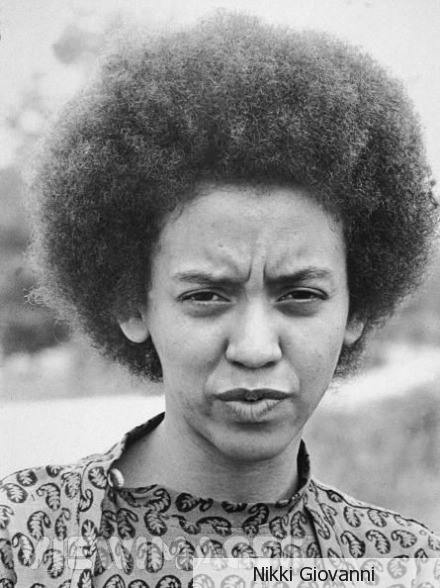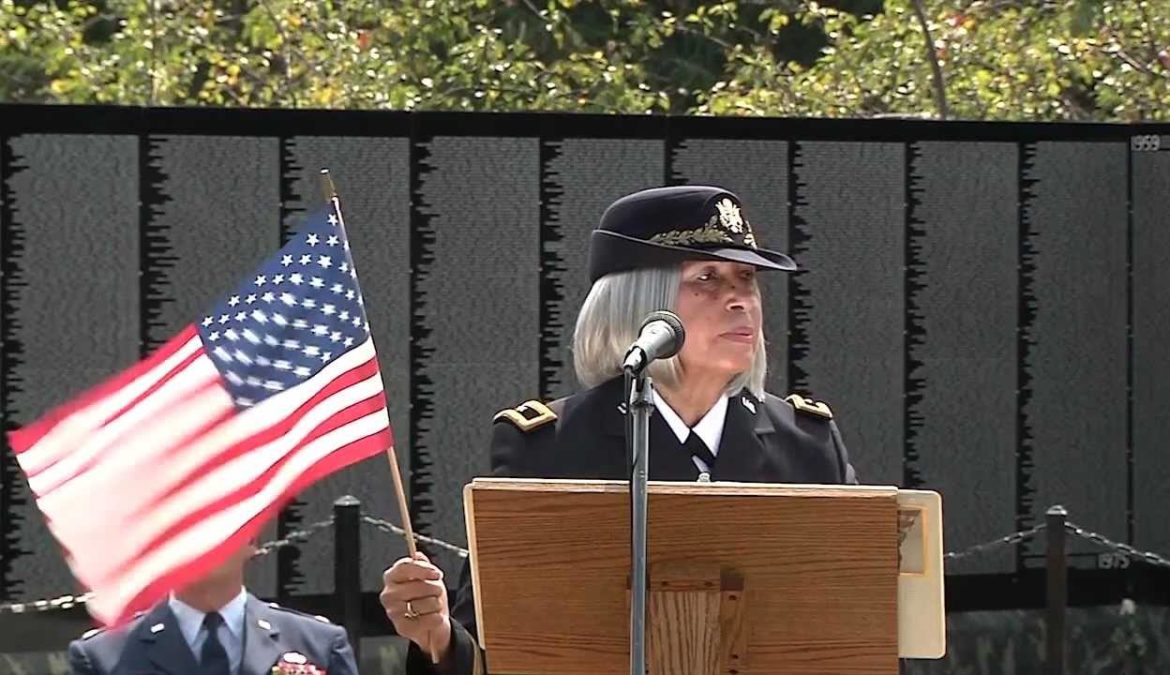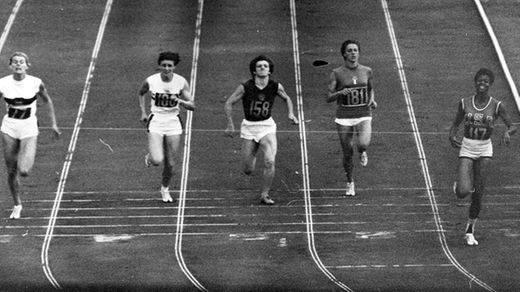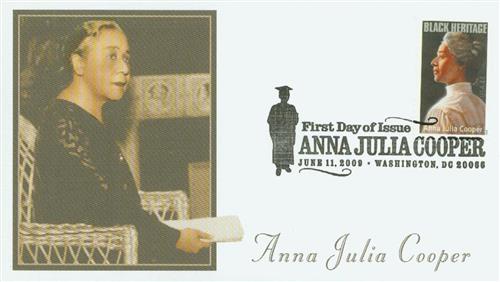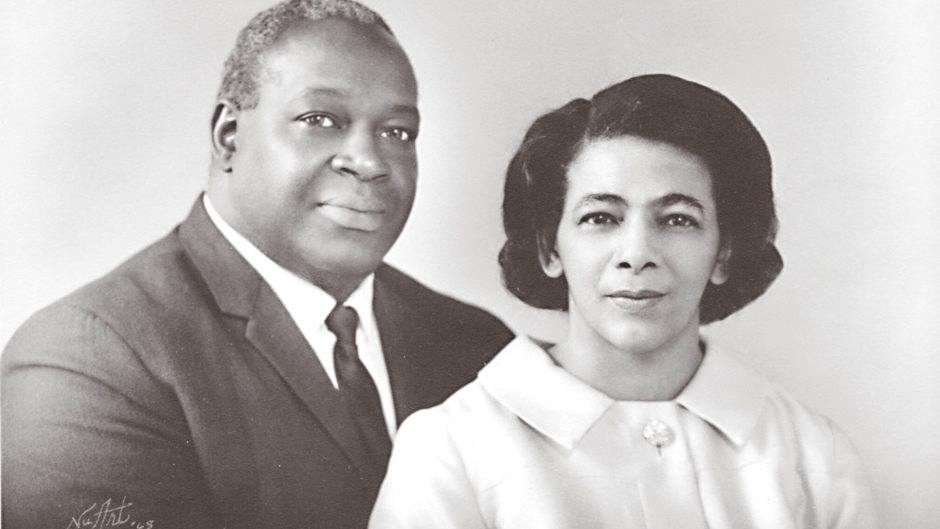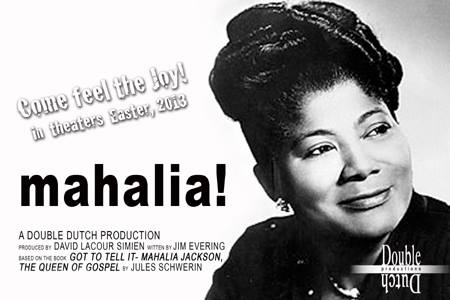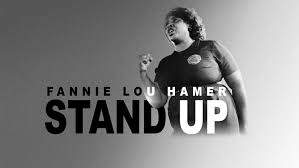GM – FBF – “Mistakes are a fact of life. It is the response to the error that counts.” – Nikki Giovanni
Remember – “When you are skinning your customers, you should leave some skin on to grow again so that you can skin them again.” – Nikki Giovanni
Today in our History – March 22, 1967 – The book, Black Feeling, Black Talk , goes over the millian selling mark in December 1967.
On June 7, 1943, Yolanda Cornelia “Nikki” Giovanni was born in Knoxville, Tennessee and raised in Cincinnati, Ohio. In 1960, she entered Fisk University in Nashville, Tennessee, where she worked with the school’s Writer’s Workshop and edited the literary magazine. After receiving her Bachelor of Arts degree in 1967, she organized the Black Arts Festival in Cincinnati before entering graduate school at the University of Pennsylvania and Columbia University.
In her first two collections, Black Feeling, Black Talk (Harper Perennial, 1968) and Black Judgement (Broadside Press, 1969), Giovanni reflects on the African-American identity. Recently, she has published Bicycles: Love Poems (William Morrow, 2009); Acolytes (HarperCollins, 2007); The Collected Poetry of Nikki Giovanni: 1968-1998 (2003); Quilting the Black-Eyed Pea: Poems and Not-Quite Poems (2002); Blues For All the Changes: New Poems (1999); Love Poems (1997); and Selected Poems of Nikki Giovanni (University Press of Mississippi, 1996).
A lung cancer survivor, Giovanni has also contributed an introduction to the anthology Breaking the Silence: Inspirational Stories of Black Cancer Survivors (Hilton Publishing, 2005). Her honors include the Reverend Martin Luther King Jr. Award for Dedication and Commitment to Service in 2009, three NAACP Image Awards for Literature in 1998, the Langston Hughes award for Distinguished Contributions to Arts and Letters in 1996, as well as more than twenty honorary degrees from national colleges and universities. She has been given keys to more than a dozen cities, including New York, Los Angeles, Dallas, Miami, and New Orleans. Several magazines have named Giovanni Woman of the Year, including Essence, Mademoiselle, Ebony, and Ladies Home Journal. She was the first recipient of the Rosa Parks Woman of Courage Award. She has served as poetry judge for the National Book Awards and was a finalist for a Grammy Award in the category of Spoken Word. She is currently Professor of English and Gloria D. Smith Professor of Black Studies at Virginia Tech, where she has taught since 1987.
Virginia Tech shooting
Seung-Hui Cho, the mass murderer who killed 32 people in the
April 16, 2007 Virginia Tech shooting, was a student in one of Giovanni’s
poetry classes. Describing him as “mean” and “menacing”,
she approached the department chair to have Cho taken out of her class, and
said she was willing to resign rather than continue teaching him. She stated
that, upon hearing of the shooting, she immediately suspected that Cho might be
the shooter.
Giovanni was asked by Virginia Tech president Charles Steger to give a
convocation speech at the April 17 memorial service for the shooting victims
(she was asked by Steger at 5pm on the day of the shootings, giving her less
than 24 hours to prepare the speech). She expressed that she usually feels very
comfortable delivering speeches, but worried that her emotion would get the best
of her. On April 17, 2007, at the Virginia Tech Convocation commemorating the
April 16 Virginia Tech massacre, Giovanni closed the ceremony with a chant
poem, intoning:
“We know we did nothing to deserve it. But neither does a child in Africa dying
of AIDS. Neither do the invisible children walking the night awake to avoid
being captured by a rogue army. Neither does the baby elephant watching his
community being devastated for ivory. Neither does the Mexican child looking
for fresh water….We are Virginia Tech…. We will prevail.”
Her speech also sought to
express the idea that really terrible things happen to good people: “I
would call it, in terms of writing, in terms of poetry, it’s a laundry list.
Because all you’re doing is: This is who we are, and this is what we think, and
this is what we feel, and this is why – you know?… I just wanted to admit,
you know, that we didn’t deserve this, and nobody does. And so I wanted to link
our tragedy, in every sense, you know – we’re no different from anything else
that has hurt….”
She thought that ending with a thrice-repeated “We will prevail”
would be anticlimactic, and she wanted to connect back with the beginning, for
balance. So, shortly before going onstage, she added a closing: “We are
Virginia Tech.” Her performance produced a sense of unity and received a
fifty-four second standing ovation from the over-capacity audience in Cassell
Coliseum, including then-President George W. Bush.
The Civil Rights Movement and Black Power movements inspired her early poetry
that was collected in Black Feeling, Black Talk (1967), which sold over ten
thousand copies in its first year, Black Judgement (1968), selling six thousand
copies in three months, and Re: Creation (1970). All three of these early works
aided in establishing Giovanni as a new voice for African Americans.(30) In
“After Mecca”: Women Poets and the Black Arts Movement, Cheryl Clarke
cites Giovanni as a woman poet who became a significant part of the Civil
Rights and Black Power Movement. Giovanni is commonly praised as one of the
best African-American poets emerging from the 1960s Black Power and Black Arts
Movements. Her early poetry that was collected in the late 1960s and early
1970s are seen as radical as and more militant than her later work. Her poems
are described as being “politically, spiritually, and socially
aware”. Evie Shockley describes Giovanni as “epitomizing the defiant,
unapologetically political, unabashedly Afrocentric, BAM ethos”. Her work
is described as conveying “urgency in expressing the need for Black
awareness, unity, [and] solidarity.” Giovanni herself takes great pride in
being a “Black American, a daughter, mother, and a Professor of
English”. (29) She has since written more than two dozen books, including
volumes of poetry, illustrated children’s books, and three collections of
essays. Her work is said to speak to all ages and she strives to make her work
easily accessible and understood by both adults and children. (29) Her writing
has been heavily inspired by African-American activists and artists. Issues of
race, gender, sexuality, and the African-American family also have influenced
her work. Her book Love Poems (1997) was written in memory of Tupac Shakur, and
she has stated that she would “rather be with the thugs than the people
who are complaining about them.”[22] Additionally, in 2007 she wrote a
children’s picture book titled Rosa, which centers on the life of Civil Rights
leader Rosa Parks. In addition to this book reaching number three on the New
York Best Seller list, it also received the Caldecott Honors Award along with
its illustrator Brian Collier, receiving the Coretta Scott King award. (29)
Giovanni is often interviewed regarding themes pertaining to her poetry such as
gender and race. In an interview entitled “I am Black, Female,
Polite”, Peter Bailey questions her regarding the role of gender and race
in the poetry she writes. The interview looks specifically at the critically
acclaimed poem, “Nikki-Rosa”, and questions whether it is reflective
of her own childhood experiences as well as the experiences in her community.
In the interview, Giovanni stresses that she did not like constantly reading
the trope of the black family as a tragedy and that “Nikki-Rosa”
demonstrates the experiences that she witnessed in her communities.[23]
Specifically the poem deals with black folk culture, and touches on such issues
as alcoholism and domestic violence, and such issues as not having an indoor
bathroom. (30)
Giovanni’s poetry in the late 1960s and early 1970s addressed black womanhood
and black manhood amongst other themes. In a book she co-wrote with James
Baldwin entitled A Dialogue, the two authors speak blatantly about the status
of the black male in the household. Baldwin challenges Giovanni’s opinion on
the representation of black women as the “breadwinners” in the household.
Baldwin states, “A man is not a woman. And whether he’s wrong or right….
Look, if we’re living in the same house and you’re my wife or my woman, I have
to be responsible for that house.”. Conversely, Giovanni recognizes the
black man’s strength, whether or not he is “responsible” for the home
or economically advantaged. The interview makes it clear that regardless of who
is “responsible” for the home, the black woman and black man should
be dependent on one another. Such themes appeared throughout her early poetry
which focused on race and gender dynamics in the black community.
Giovanni tours nationwide and frequently speaks out against hate-motivated
violence. At a 1999 Martin Luther King Day event, she recalled the 1998 murders
of James Byrd, Jr. and Matthew Shepard: “What’s the difference between
dragging a black man behind a truck in Jasper, Texas, and beating a white boy
to death in Wyoming because he’s gay?”[26]
Those Who Ride the Night Winds (1983) acknowledged black figures. Giovanni
collected her essays in the 1988 volume Sacred Cows … and Other Edibles. Her
more recent works include Acolytes, a collection of 80 new poems, and On My
Journey Now. Acolytes is her first published volume since her 2003 Collected
Poems. The work is a celebration of love and recollection directed at friends
and loved ones and it recalls memories of nature, theater, and the glories of
children. However, Giovanni’s fiery persona still remains a constant undercurrent
in Acolytes, as some of the most serious verse links her own life struggles
(being a black woman and a cancer survivor) to the wider frame of
African-American history and the continual fight for equality.
Giovanni’s collection Bicycles: Love Poems (2009) is a companion work to her
1997 Love Poems. They touch on the deaths of both her mother and her sister, as
well as the massacre on the Virginia Tech campus. “Tragedy and trauma are the
wheels” of the bicycle. The first poem (“Blacksburg Under Siege: 21 August
2006”) and the last poem (“We Are Virginia Tech”) reflect this.
Giovanni chose the title of the collection as a metaphor for love itself,
“because love requires trust and balance.”
In Chasing Utopia: A Hybrid (2013), Giovanni describes falling off of a bike
and her mother saying, “Come here, Nikki and I will pick you up.” She
has explained that it was comforting to hear her mother say this, and that
“it took me the longest to realize – no, she made me get up myself.”
Chasing Utopia continues as a hybrid (poetry and prose) work about food as a
metaphor and as a connection to the memory of her mother, sister, and
grandmother. The theme of the work is love relationships.
In 2004, Giovanni was nominated for the Grammy Award for Best Spoken Word Album
at the 46th Annual Grammy Awards for her album The Nikki Giovanni Poetry
Collection. This was a collection of poems that she read against the backdrop
of gospel music.(29) She also featured on the track “Ego Trip by Nikki
Giovanni” on Blackalicious’s 2000 album Nia. In November 2008, a song
cycle of her poems, Sounds That Shatter the Staleness in Lives by Adam Hill,
was premiered as part of the Soundscapes Chamber Music Series in Taos, New
Mexico.
She was commissioned by National Public Radio’s All Things Considered to create
an inaugural poem for President Barack Obama. Giovanni read poetry at the
Lincoln Memorial as a part of the bi-centennial celebration of Lincoln’s birth
on February 12, 2009. Research more about this great American and share with
your babies. Make it a champion day!

